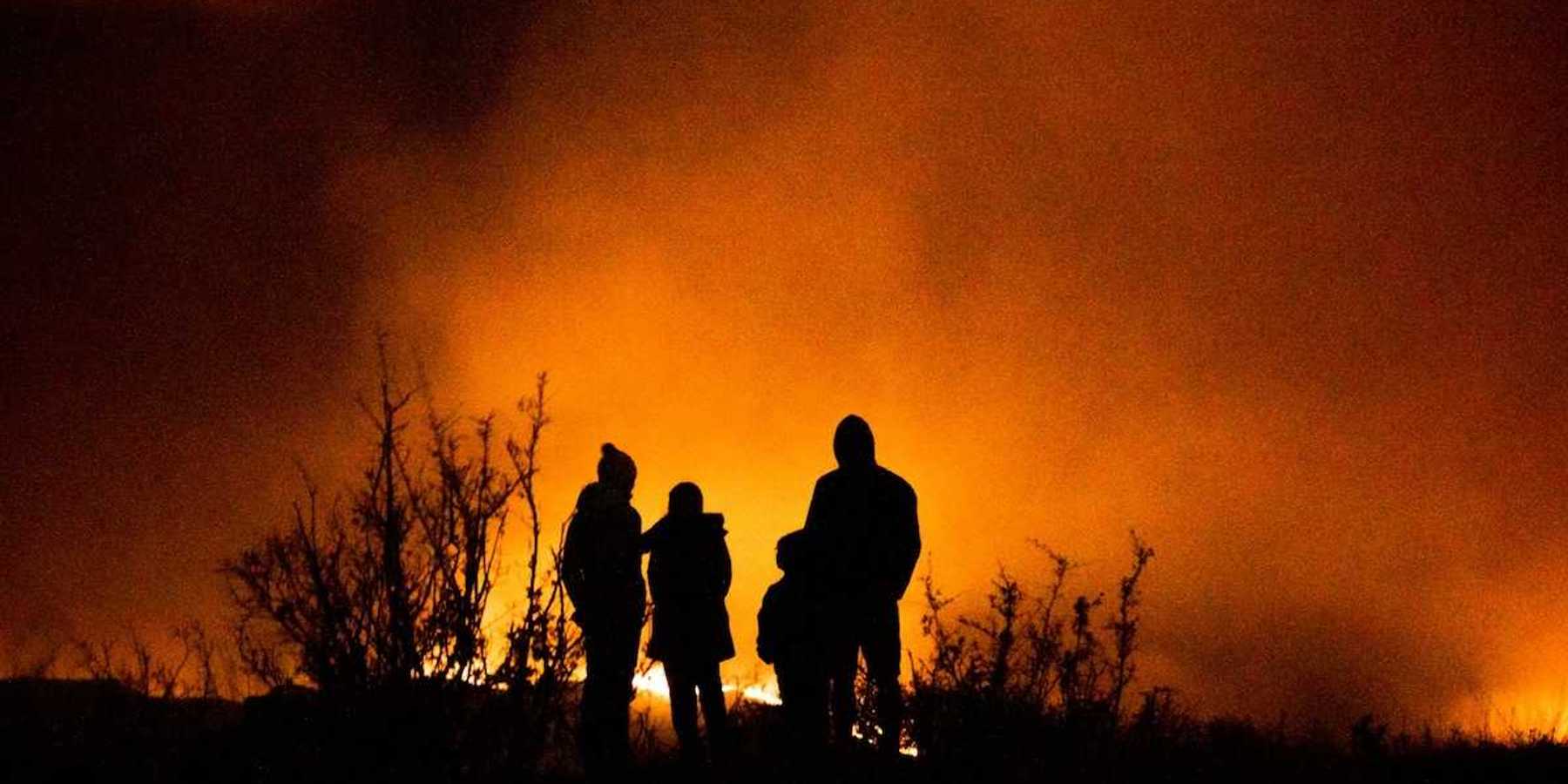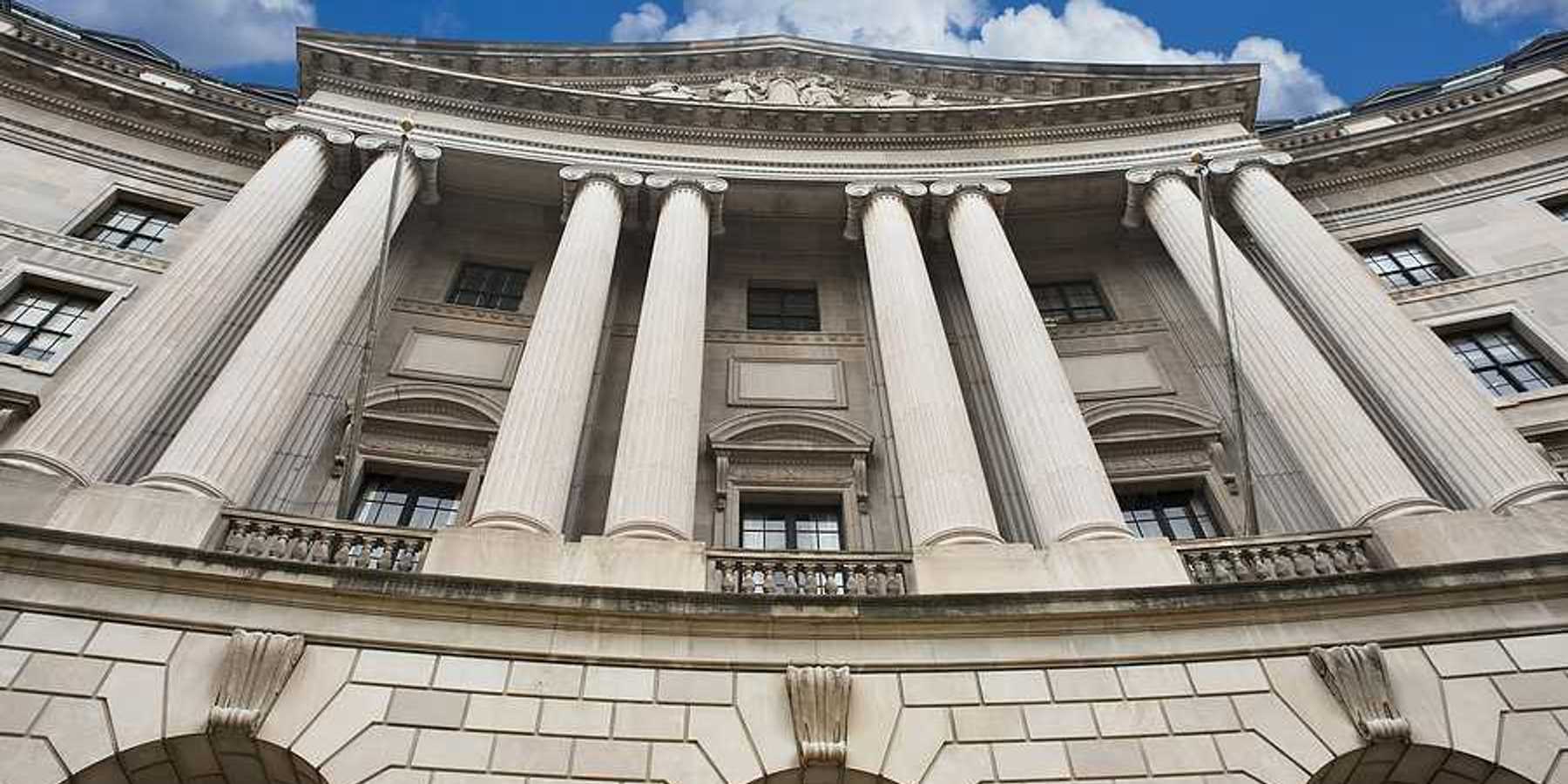Local officials end cloud brightening experiment in Alameda, California
Alameda's city council has voted to halt a pioneering cloud-brightening experiment aimed at combating climate change.
Corbin Hiar reported for E&E News earlier this week on why the vote has implications beyond one single community.
In short:
- The Alameda vote ends the city's participation in the CAARE project, which aims to explore marine cloud brightening as a method to combat global warming.
- Local officials halted the experiment last month due to permit issues, raising concerns about public engagement and regulatory compliance.
- Experts generally support the experiment, but environmental groups oppose it, fearing it could lead to widespread geoengineering practices.
Key quote:
"Cancellation of this small experiment could add to public confusion about climate intervention research more broadly."
— Frank Keutsch, atmospheric science professor at Harvard University
Why this matters:
The cloud-brightening technique involves spraying fine sea salt particles into the atmosphere to increase the reflectivity of clouds. By doing so, scientists aim to reflect more sunlight back into space, thereby cooling the Earth's surface. Proponents of the experiment argue that this method could provide a vital tool in the fight against rising global temperatures, potentially offering a temporary solution while broader carbon reduction strategies take effect. Alameda’s decision will influence the future of geoengineering research in the U.S., impacting global efforts to find viable climate solutions.
Related EHN coverage:













